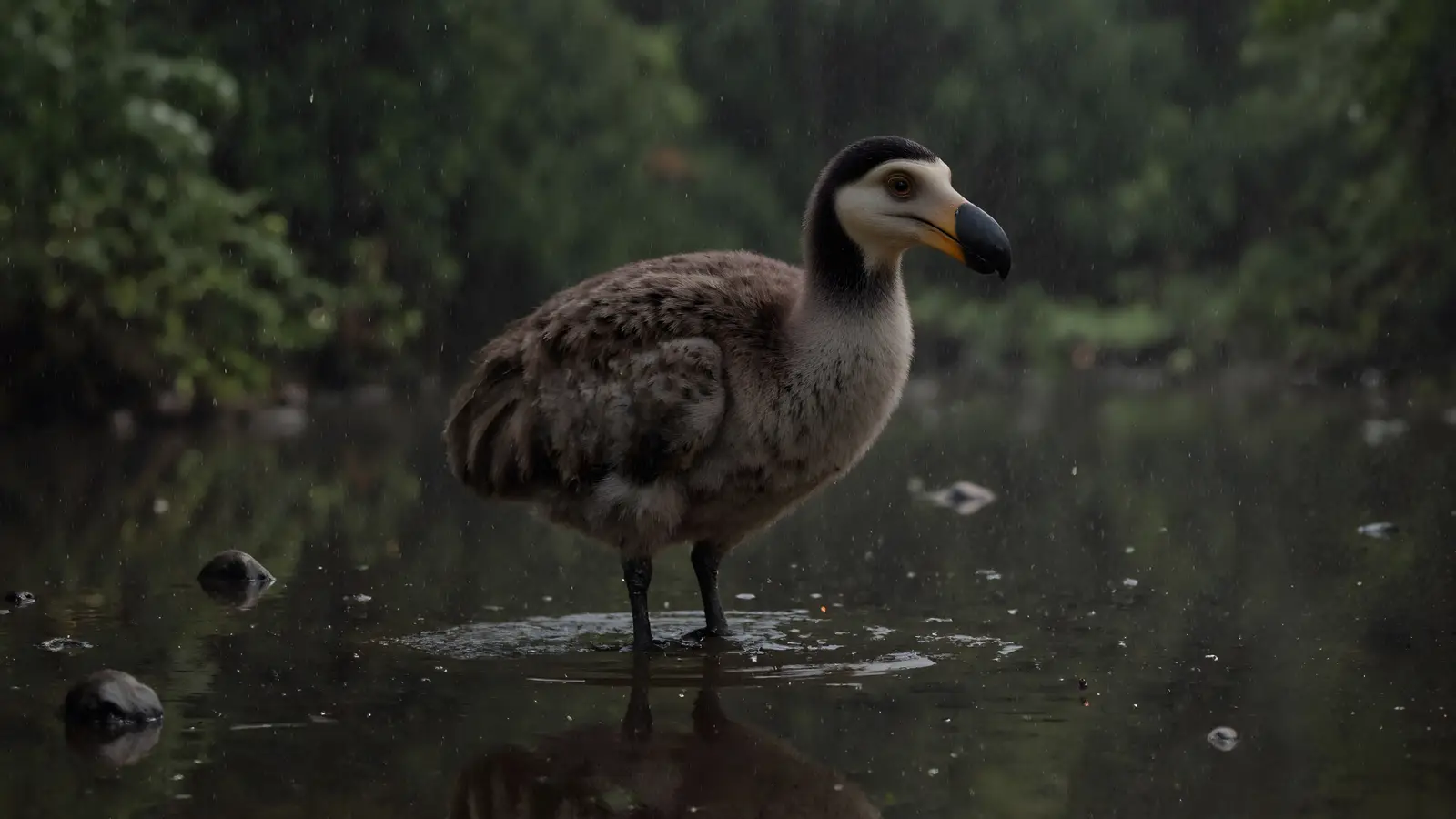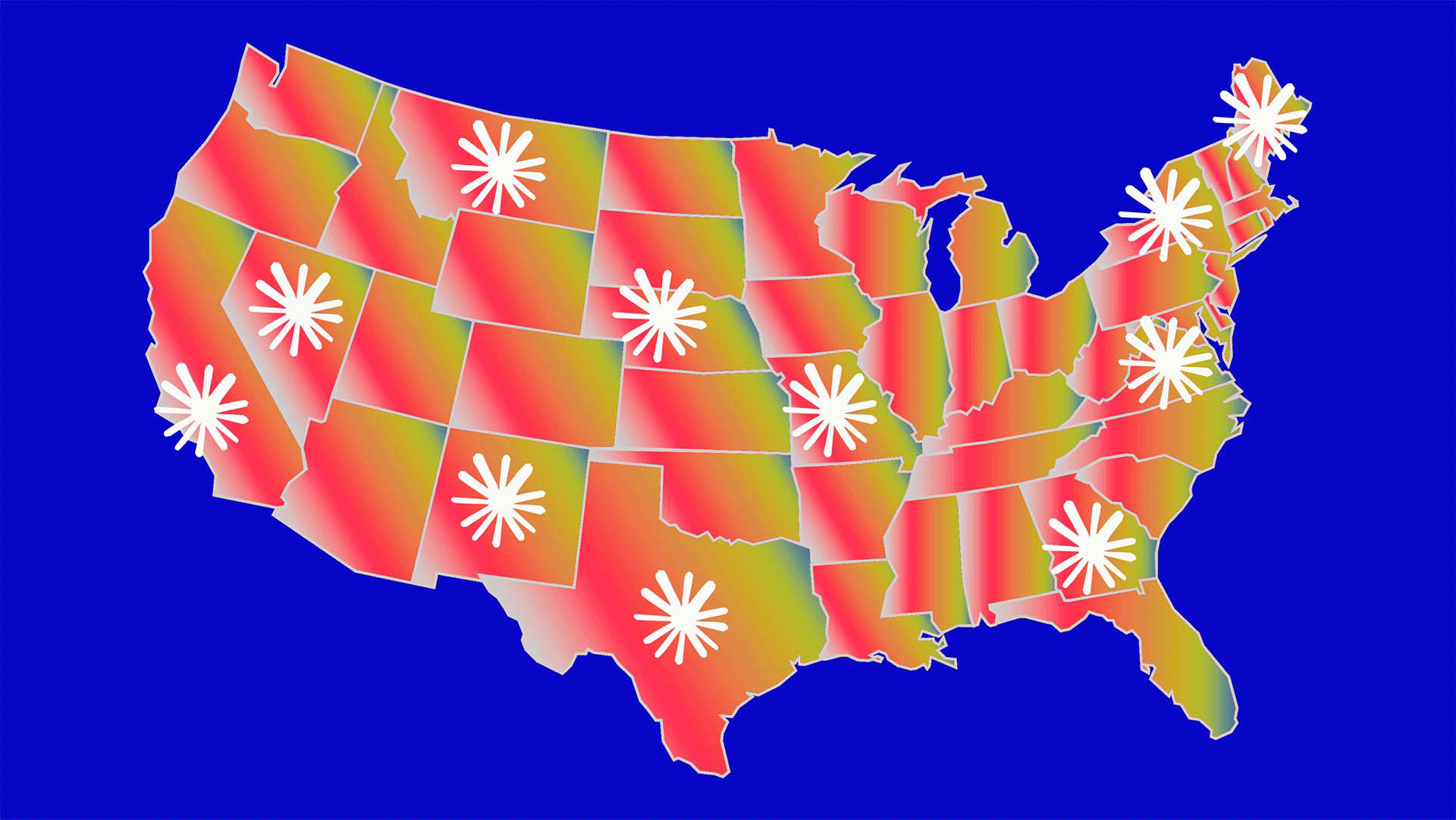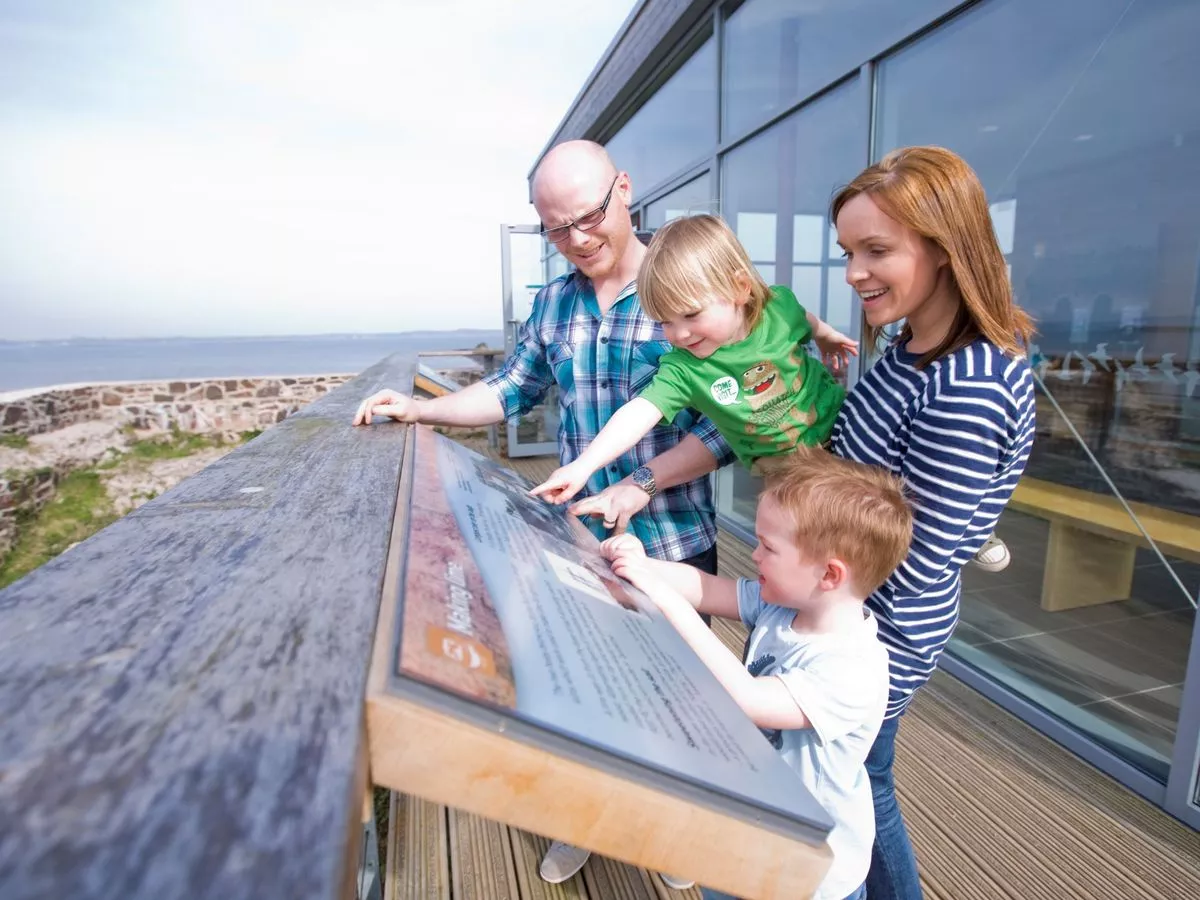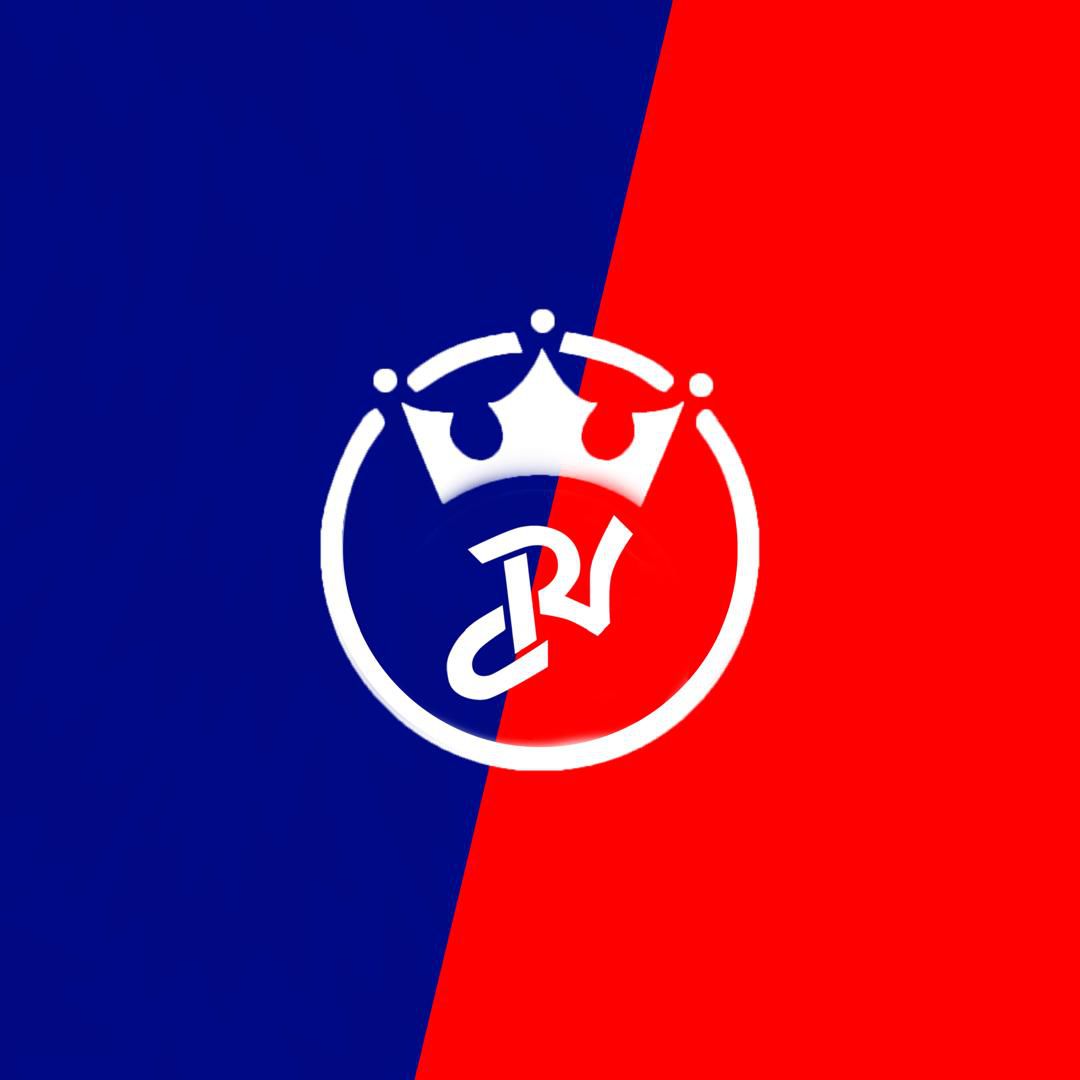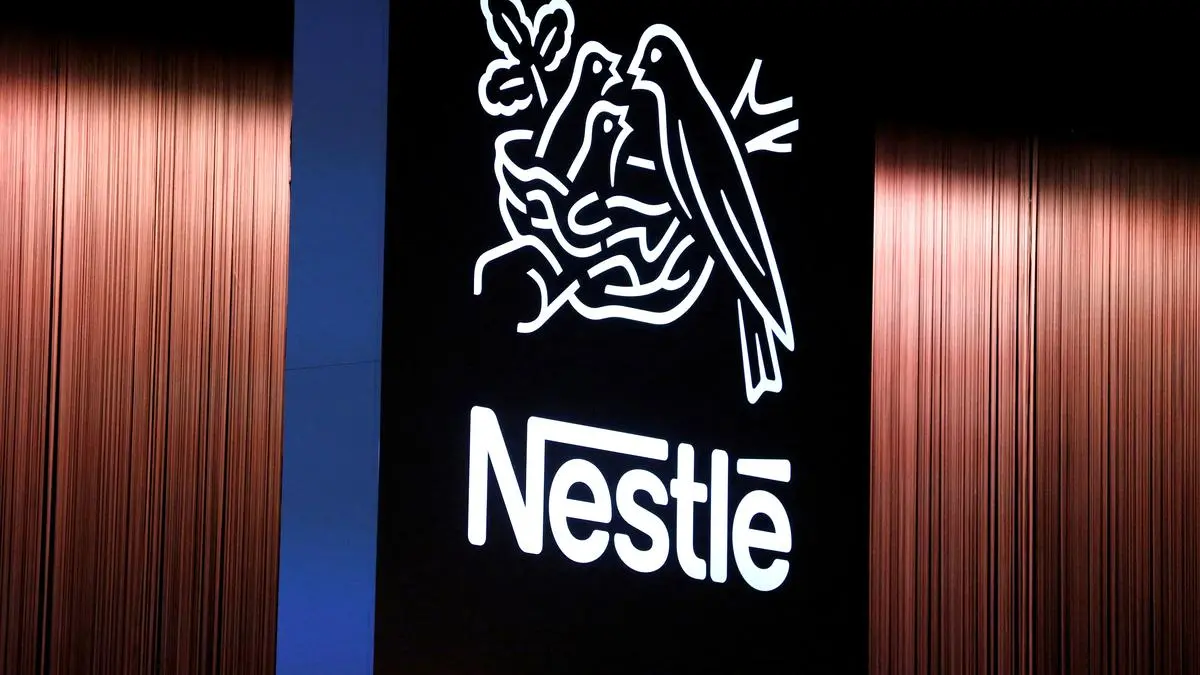
At a global meeting for Nestlé SA staff on Wednesday, new Chief Executive Officer Philipp Navratil kept it brief. He acknowledged challenges facing the world’s largest food company, praised its global presence and brands, and promised to return soon with a plan on how to revive a sluggish performance.
The broadcast for the virtual event, dubbed “All Hands,” finished almost half an hour early.
Investors, frustrated with the strategic direction of the Swiss company, may welcome someone who forsakes long meetings in favor of getting things done. The share price has dropped more than 40% since a peak in 2022, hit by falling volumes, bloated costs, volatile consumer demand, and missteps by a management team seen as increasingly out of touch in their steel and glass headquarters on the shore of Lake Geneva.
On top of that, a scandal over the firing of former CEO Laurent Freixe following an undisclosed romantic relationship and Chairman Paul Bulcke’s handling of the affair turned Nestlé — with its reputation for stable management, corporate values and reliable dividends — into tabloid fodder. There have even been suggestions that Freixe’s misconduct was an open secret.
The Swiss company is now under new leadership after more developments this week. Late Tuesday, Bulcke, a veteran of the firm, said he was retiring earlier than planned. He’ll be replaced by Pablo Isla, former boss of Zara fashion brand owner Inditex SA.
“Now the path is open — perhaps even for a revolutionary approach, not just an evolutionary one,” said Ingo Speich, head of sustainability and corporate governance at Deka Investment. “The company has enormous potential, but it will take some time to turn it around. Years of complacency have set in, along with the wrong strategy.”
The name of Wednesday’s event comes from the emergency naval phrase “all hands on deck.” It was the third edition, and all three have had a different CEO. Before Navratil was Freixe, and a year earlier, in 2023, Mark Schneider was in charge.
The revolving door to the management suite has exposed weaknesses in Nestlé’s governance and succession planning, which have come to the fore amid the company’s broader strategic drift. Sales growth slumped last year to the lowest in decades and units like bottled water and vitamins have underperformed.
This story is based on conversations with senior executives within Nestlé, as well as other staff and investors, some of whom requested anonymity speaking about internal business. A Nestlé spokesperson said Bulcke wasn’t pushed to leave early. The company has previously denied that Bulcke sought to shield Freixe during an initial probe.
Brand Names
The new CEO and chairman team have complementary backgrounds that may help them push through the changes that shareholders want.
Navratil is an insider, having spent more than two decades at the company, which sells $100 billion worth of Nespresso coffee, Purina pet food and multiple other products in 185 countries. Isla is an outsider who can bring new thinking to the business.
“Important strategic decisions now need to be made as quickly as possible,” Flossbach von Storch, a Nestlé investor, said in a statement. “This includes a strategic review and a rigorous analysis of the long-term growth prospects of the individual categories. In addition, Nestlé must reduce its enormous mountain of debt.”
The new management team isn’t coming in with a clean slate. Isla has been on Nestlé’s board since 2018, so won’t be immune to scrutiny. His tenure included the elevation of Freixe and he oversaw the recent probe of Freixe’s undisclosed relationship with a direct report, which resulted in his dismissal. It was the second CEO change in about a year, after Schneider’s sudden dismissal over the company’s sluggish performance.
Much has gone wrong in recent years. Nestlé announced a 1.9 billion-franc writedown on peanut allergy treatment business Palforzia in 2023, and has also faced intense scrutiny in France after it was fined over illegal treatments of its Perrier natural mineral water.
Debt has ballooned, driven by acquisitions, share buybacks and dividend payments, and its shares have underperformed. The stock is now valued on a similar earnings multiple to Unilever, having previously traded at a premium to peers up until late 2022.
The Nestlé crisis also marks another black mark for Switzerland. The country has long prided itself on its reliability, stability and efficiency but that image has been dealt a blow both in the corporate and political worlds.
Most prominently, Credit Suisse went bust and UBS Group AG stepped in to rescue its former archrival. UBS is now openly in a fight with the Swiss government over new capital requirements.
Meanwhile, the government made global headlines for a catastrophic diplomatic failure this year related to US tariff negotiations. Those talks imploded at the 11th hour and the country got slapped with a 39% tariff rate, the highest of any developed nation.
That directly impacts Nestlé. While the company has manufacturing plants across the world, that doesn’t apply to Nespresso, where all of the coffee capsules are made in Switzerland. Global Nepresso sales amounted to 6.4 billion Swiss francs ($8.1 billion) in 2024. The company doesn’t provide a US breakdown.
Bulcke’s Tenure
Bulcke’s time at the top of the company was tale of two halves. As CEO for almost nine years to 2016, Nestlé’s stock price increased about 44% as he pushed the company into new areas such as skin health.
The unit was sold in 2019, by which time Bulcke was chairman and Schneider had succeeded him as CEO. The pairing was welcomed by investors in the early years, a period that included the disposal of some non-critical units like US bottled waters and a focus on faster growing businesses such as coffee.
Schneider, a rare outsider who had previously led healthcare group Fresenius SE, pushed Nestlé further into health and wellness. In 2021, it bought the core brands of vitamin maker Bountiful Co. for $5.75 billion, including Nature’s Bounty.
Nestlé’s stock rise continued to a peak in early 2022, when a strategy that had appeared to work suddenly left the company ill-equipped for the challenges of a post-pandemic world.
Amid an inflation surge as nations emerged from Covid, price-conscious customers flocked to private own-brand labels in search of savings. Nestlé’s shares have been sliding ever since. They closed at 71.50 francs on Wednesday, near the lowest since 2016.
After the board lost patience with Schneider last year, it turned to veteran Freixe, who Bulcke described as the “perfect fit” to revive growth. His strategy included unraveling some of Schneider’s moves. In July, Nestlé said it was considering selling some underperforming brands in its vitamins, minerals and supplements business, including Nature’s Bounty.
“Nestlé has been sleeping — not only the board. Basically they were sold to the idea of Schneider doing health science with Nestlé, and execution was bad,” said Pierre-Olivier Essig, head of research at AIR Capital. “Every company that Nestlé bought since Bulcke was chairman is not bringing results.”
Freixe had also pledged to move fast to fix things when he took over. Yet while he was devising a strategy, he was also facing internal complaints relating to his relationship with a subordinate. He survived an initial probe, but after the complaints continued via an internal system called “speak up,” a second investigation that involved external counsel found he had violated Nestlé’s code of conduct.
Now Navratil takes up the baton. On Wednesday, staff got a glimpse of what may be ahead when a human resources representative delivered a presentation on Nestlé’s “future ways of working.”
Among the slides were the phrases “speed over perfection” and “courage over comfort.”
More stories like this are available on bloomberg.com
Published on September 18, 2025
